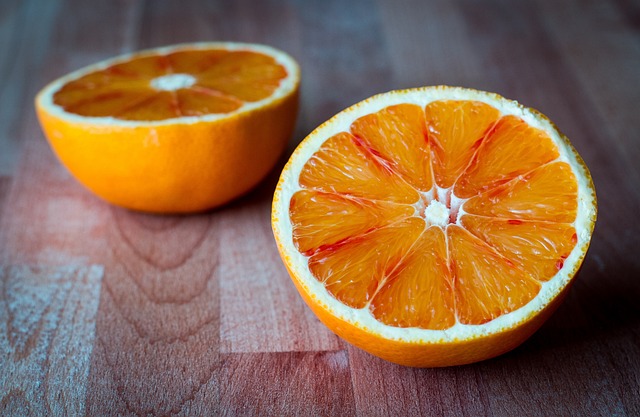Probiotics and Immunity: Strengthen Your Body’s Defenses with Good Bacteria
The human body is home to trillions of bacteria, including both good and bad types. These bacteria live on the skin, in the gut, and throughout the body. When it comes to gut health, it’s important to maintain a balance of good and bad bacteria to keep the immune system healthy. This is where probiotics come into play.
What are Probiotics?
Probiotics are live bacteria and yeast that are beneficial for health, especially for the digestive system. They are found naturally in certain foods, and also available as supplements in the form of capsules, tablets, and powders.
The Connection between Probiotics and Immunity
The gut is home to approximately 70% of the body’s immune system. A healthy gut environment filled with good bacteria can help to regulate the immune system and support a strong defense against harmful pathogens.
Research has shown that probiotics can enhance the immune system function by promoting the production of antibodies and other immune cells. They also support healthy inflammation in the gut, which is important to prevent chronic diseases such as inflammatory bowel disease and even some types of cancer.
Probiotics may also help to reduce the risk of infections. They can prevent the growth of harmful bacteria in the gut and prevent the development of conditions such as diarrhea, which can weaken the immune system.
Probiotic-Rich Foods to Boost Immunity
Probiotics are found naturally in certain foods. Including these in your diet can help to maintain a healthy balance of gut bacteria and strengthen your immune system:
- Yogurt: Yogurt is a popular probiotic-rich food. Look for varieties that contain live and active cultures, and avoid those with added sugar.
- Kefir: Kefir is a fermented drink that is similar to yogurt. It contains multiple strains of probiotics and can be a good option for those who are lactose intolerant.
- Sauerkraut: Sauerkraut is fermented cabbage that contains live bacteria. Look for unpasteurized versions to ensure it contains probiotics.
- Kimchi: Kimchi is a spicy and sour dish made from fermented cabbage and other vegetables. It’s a staple in Korean cuisine and is a great source of probiotics.
- Tempeh: Tempeh is a fermented soybean product that is a good source of protein and probiotics.
- Miso: Miso is a fermented soybean paste that is used in Japanese cuisine. It can be added to soups and other dishes as a source of probiotics.
Probiotic Supplements
While probiotic-rich foods are a good source of beneficial bacteria, they may not provide enough of a dose to impact gut health significantly. In this case, probiotic supplements may be a good option to consider.
When looking for a probiotic supplement, there are a few things to keep in mind:
- Strain: Look for a supplement that contains specific strains of bacteria that have been shown to be effective in clinical studies.
- Dose: Check the label to ensure the supplement provides an adequate dose of bacteria.
- Refrigeration: Probiotic supplements are live bacteria and can be sensitive to heat and moisture. Look for supplements that require refrigeration to ensure they maintain their potency.
Conclusion
Probiotics are a powerful tool to help strengthen the immune system and support gut health. They can be found naturally in certain foods and are also available as supplements. If you’re looking to boost your immunity and improve digestion, consider adding probiotic-rich foods to your diet or speak with your healthcare provider about adding a supplement to your routine.







